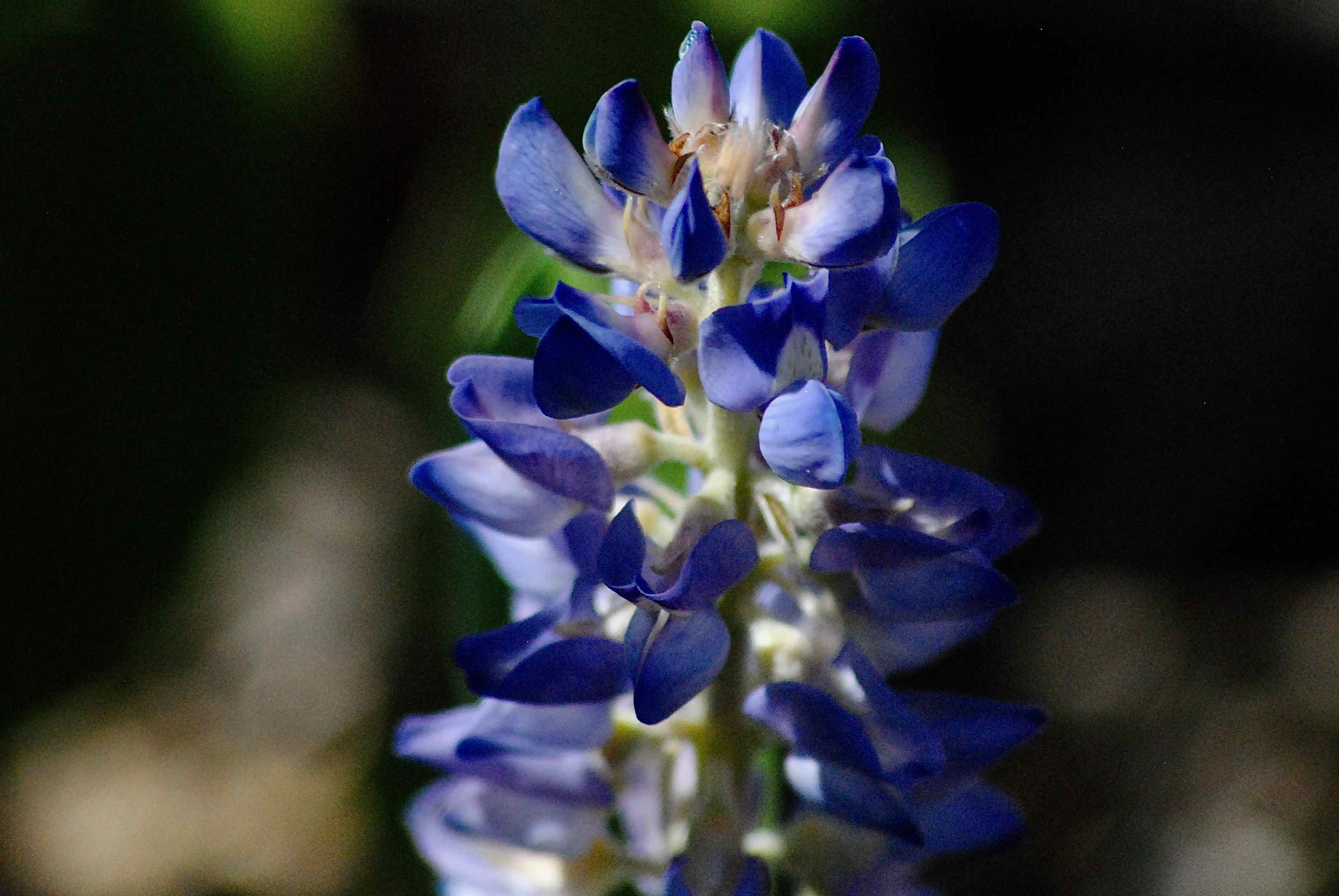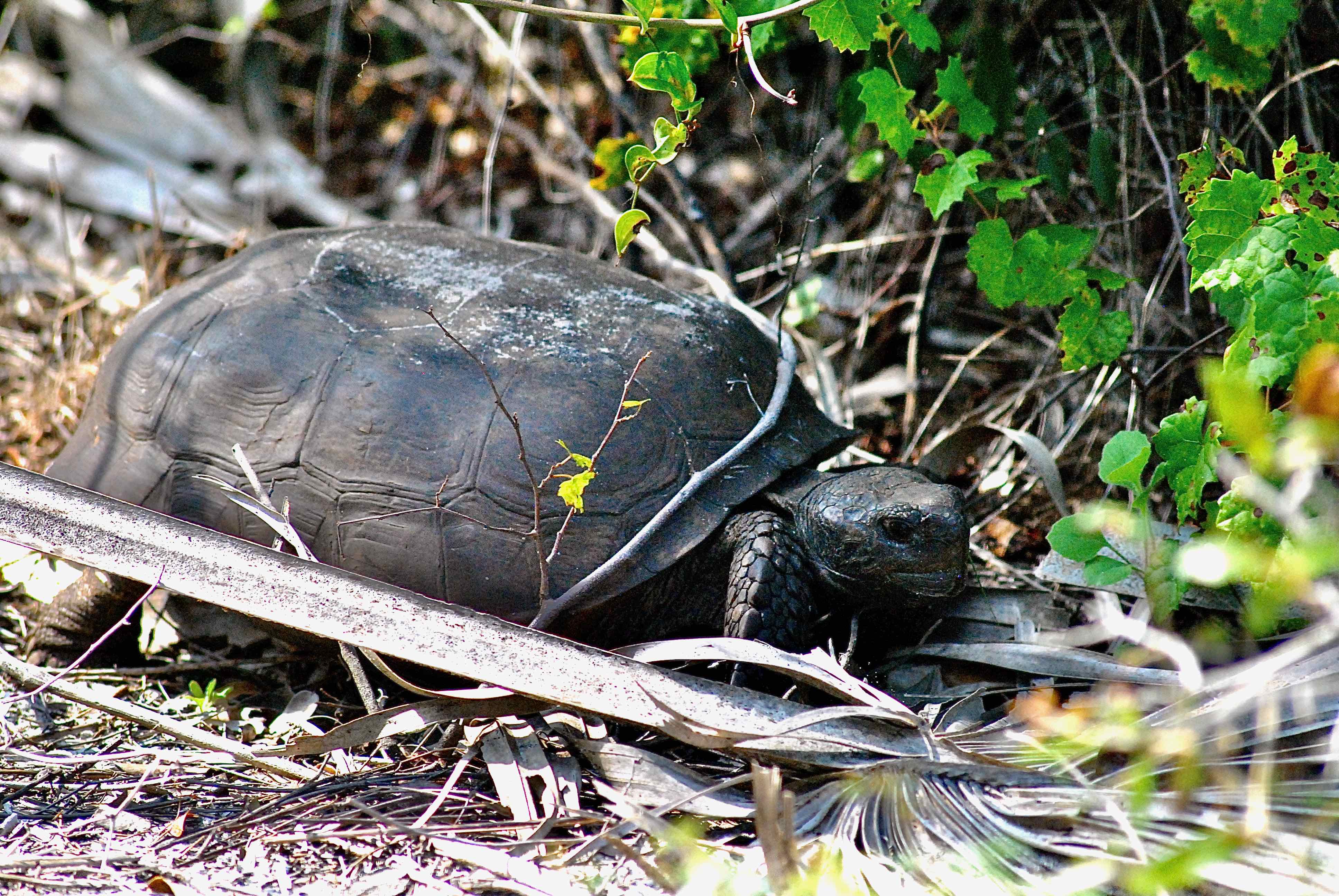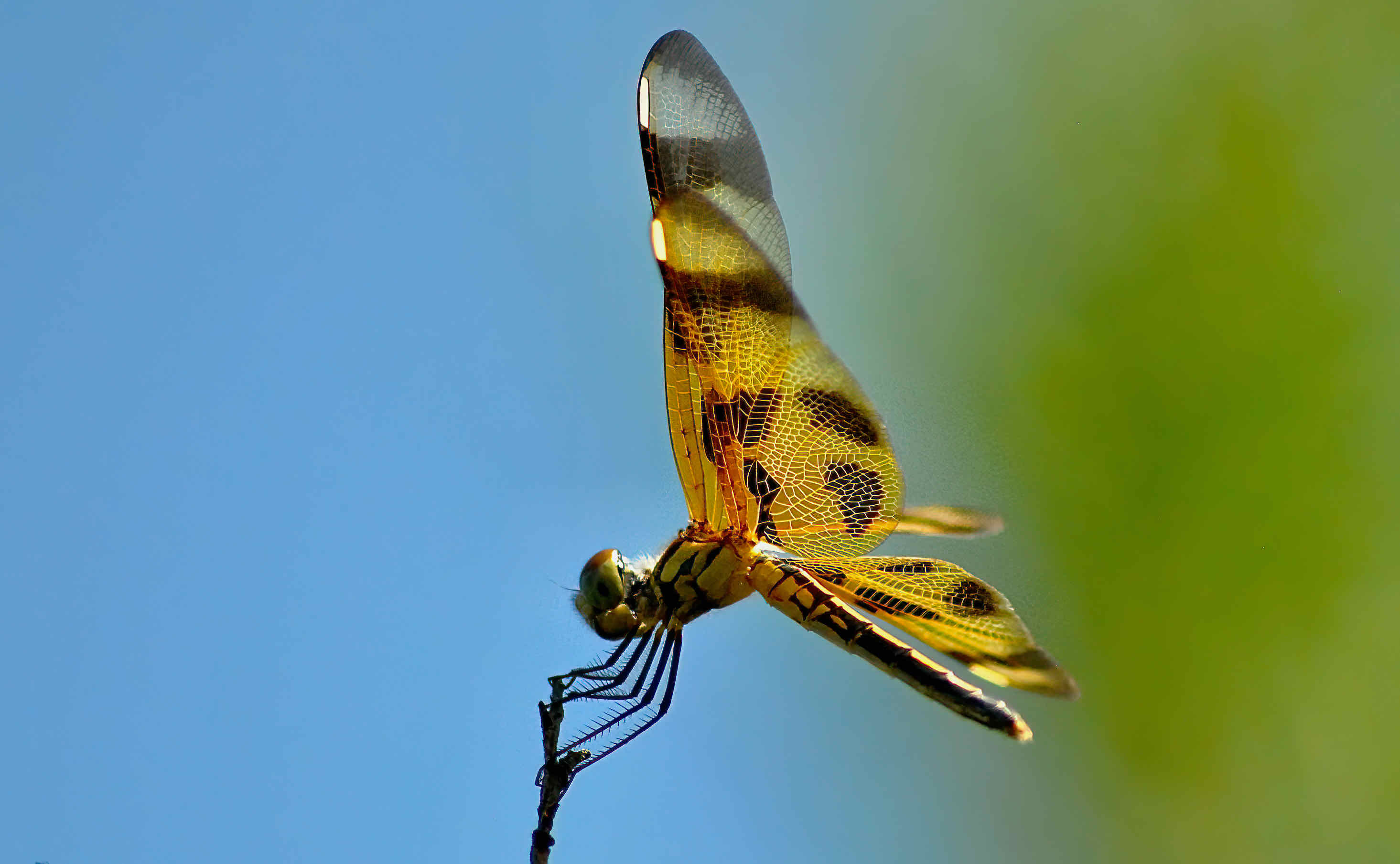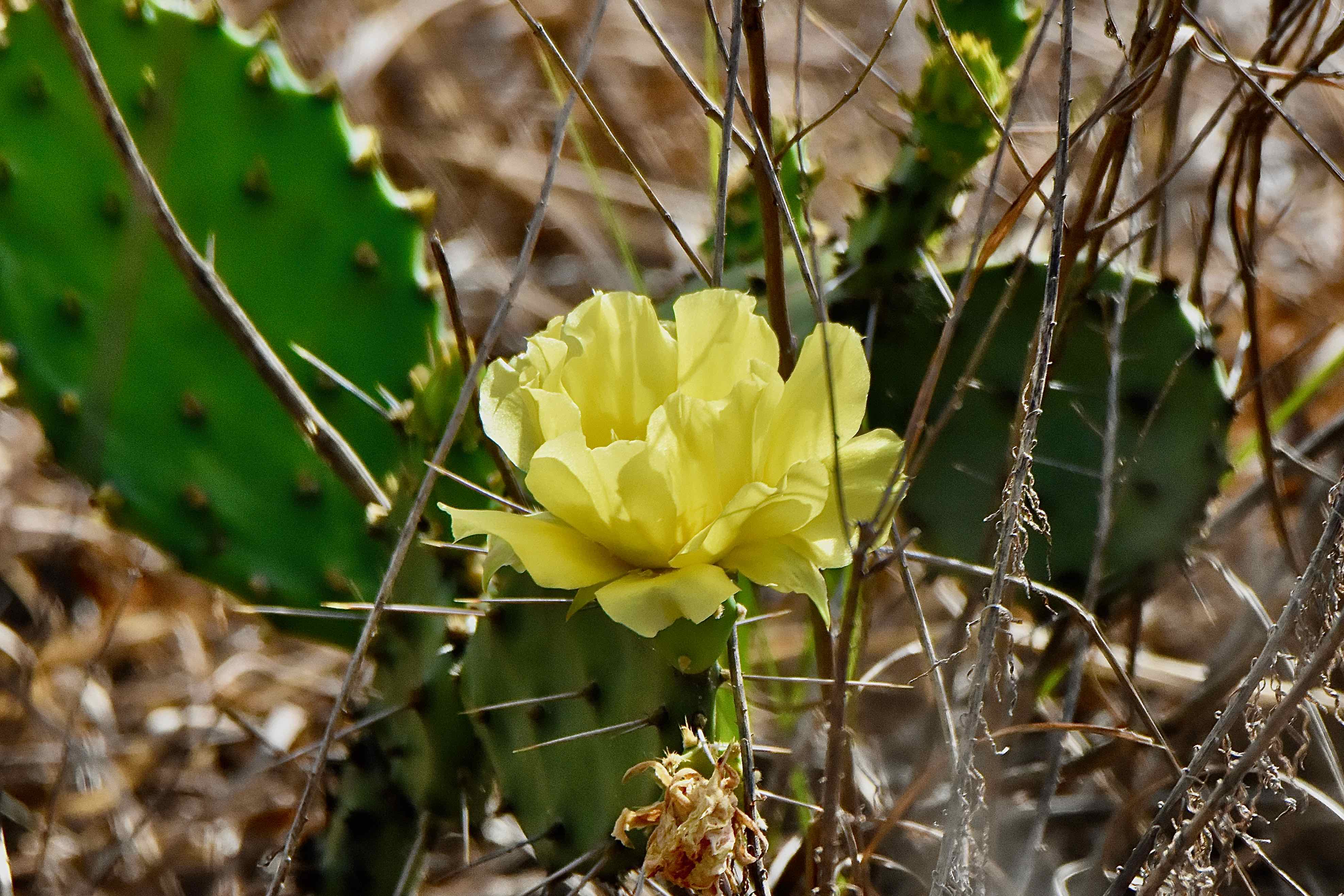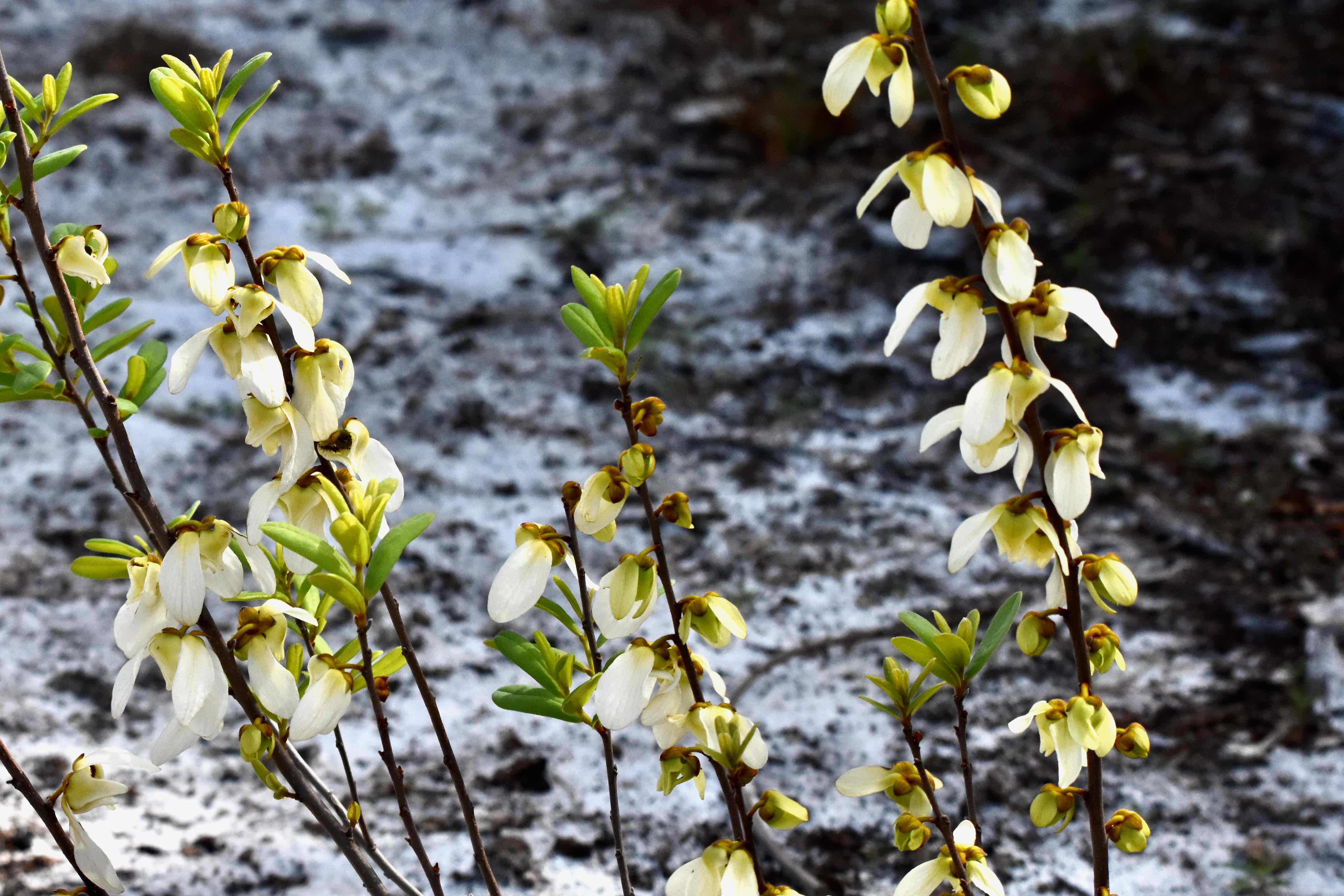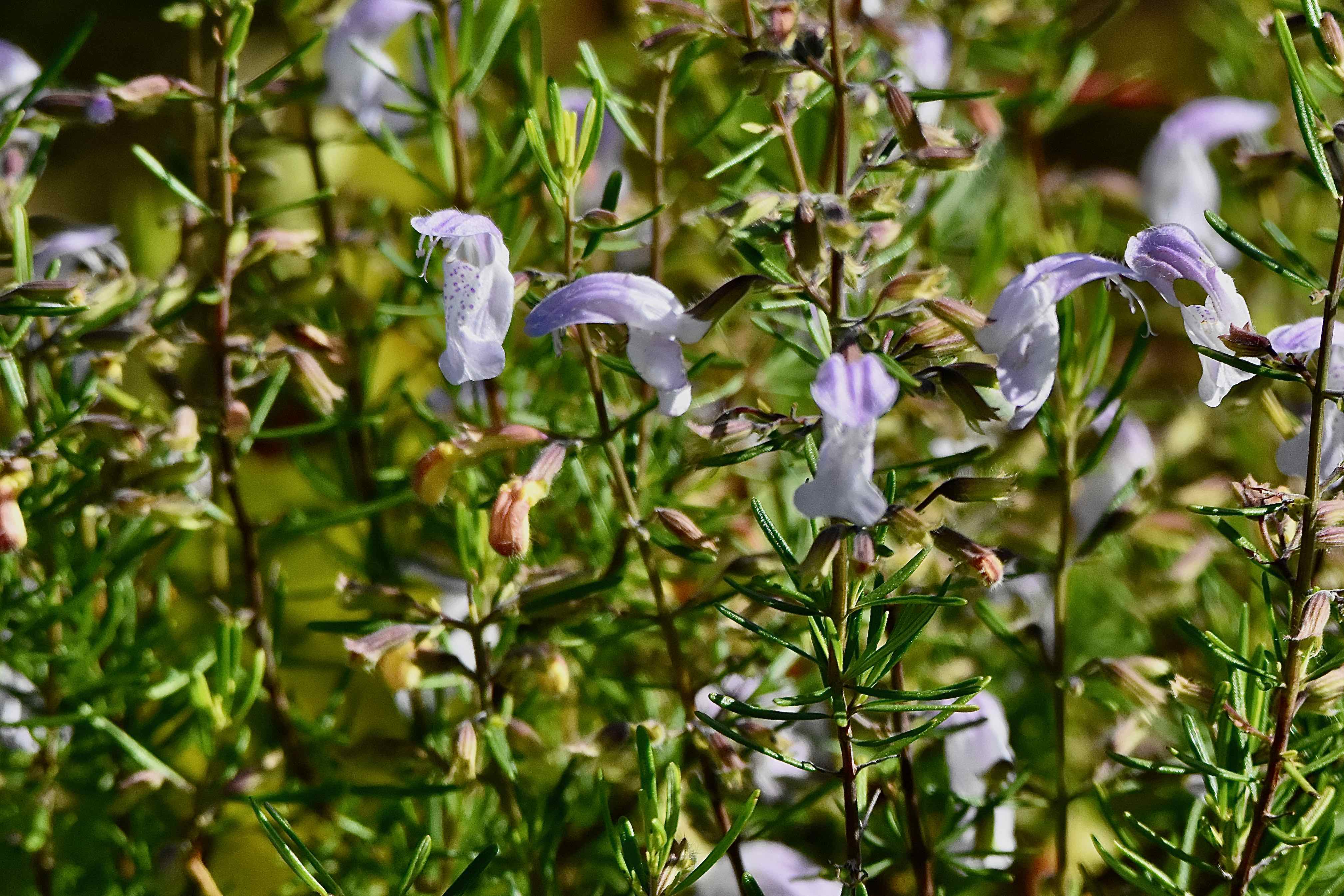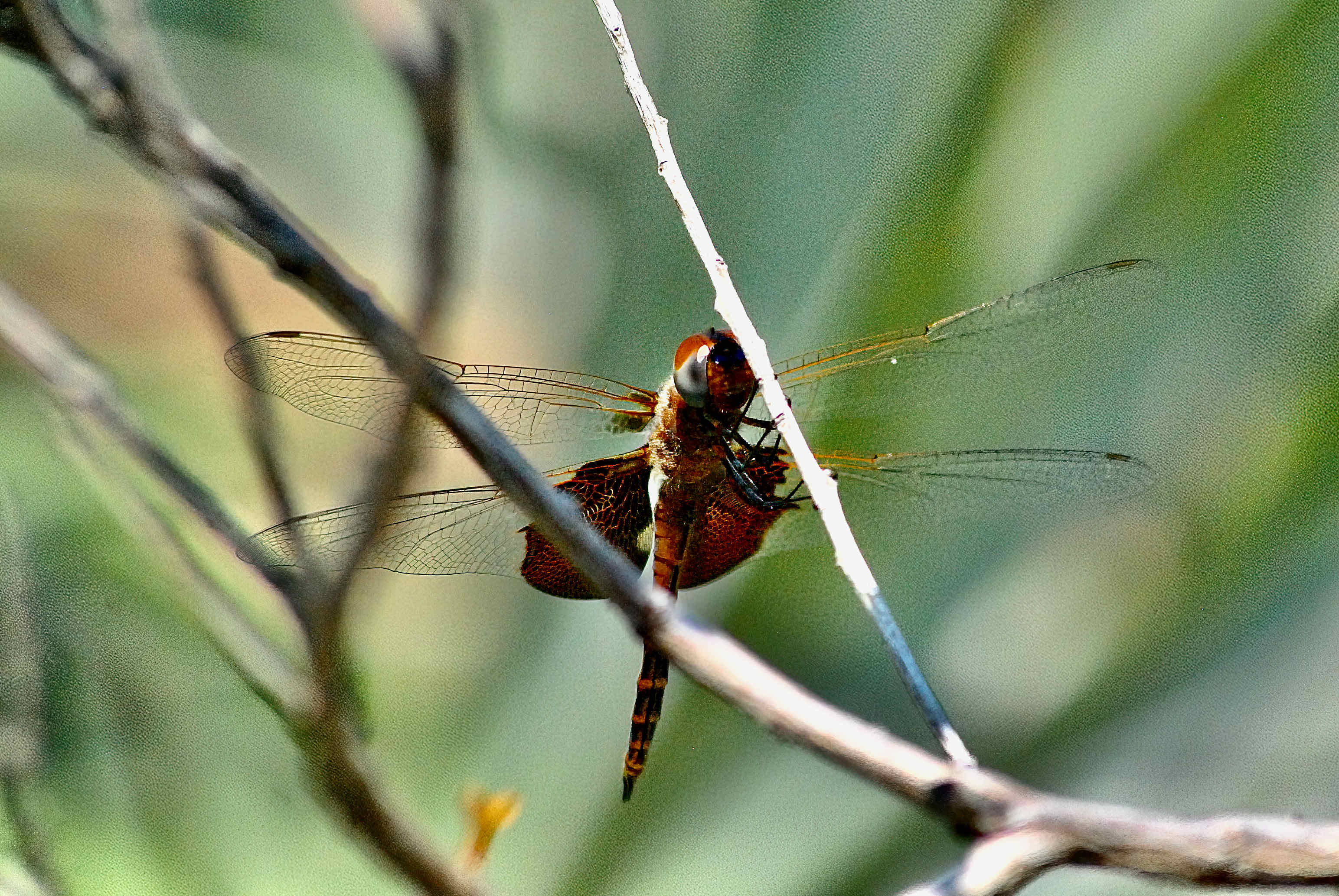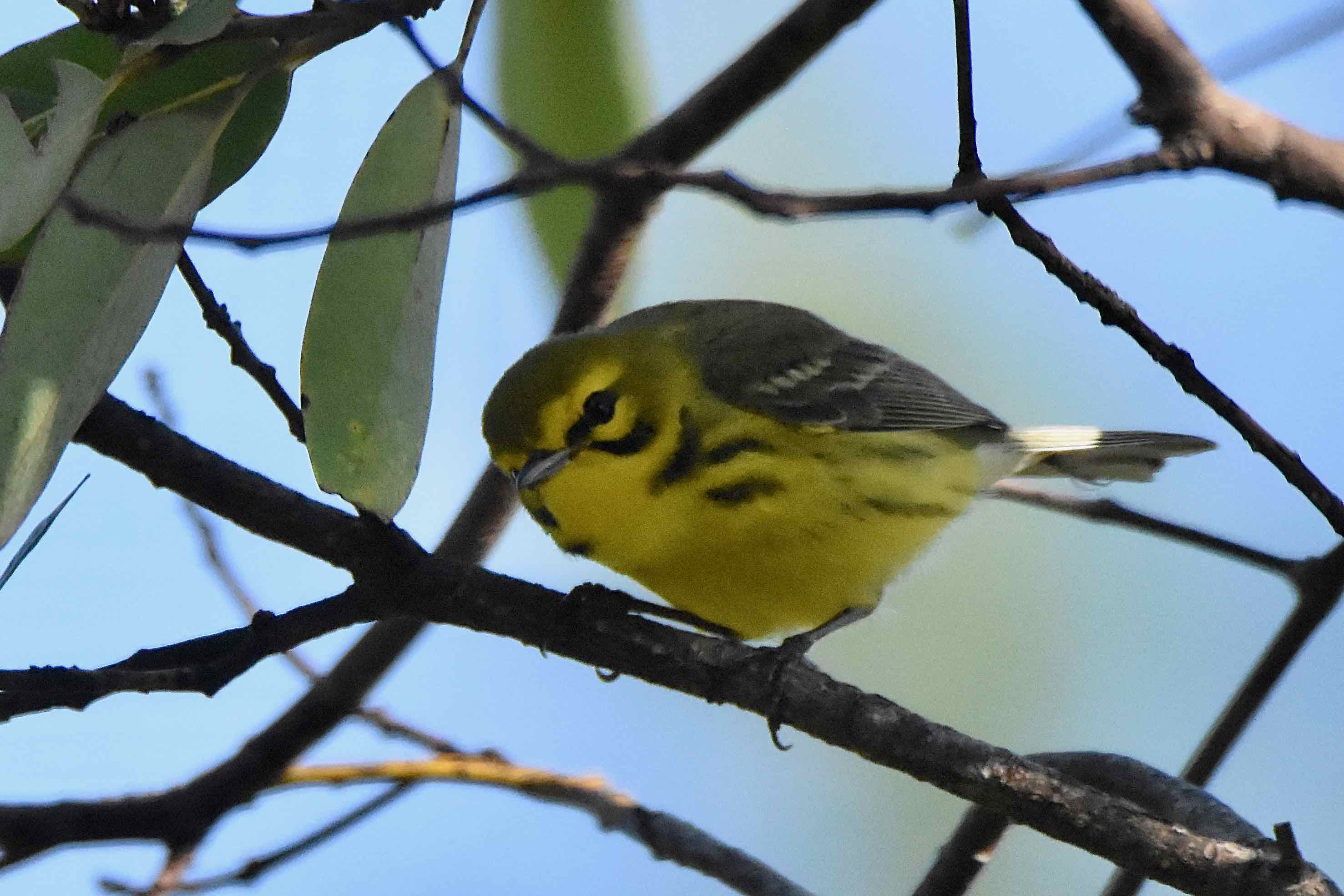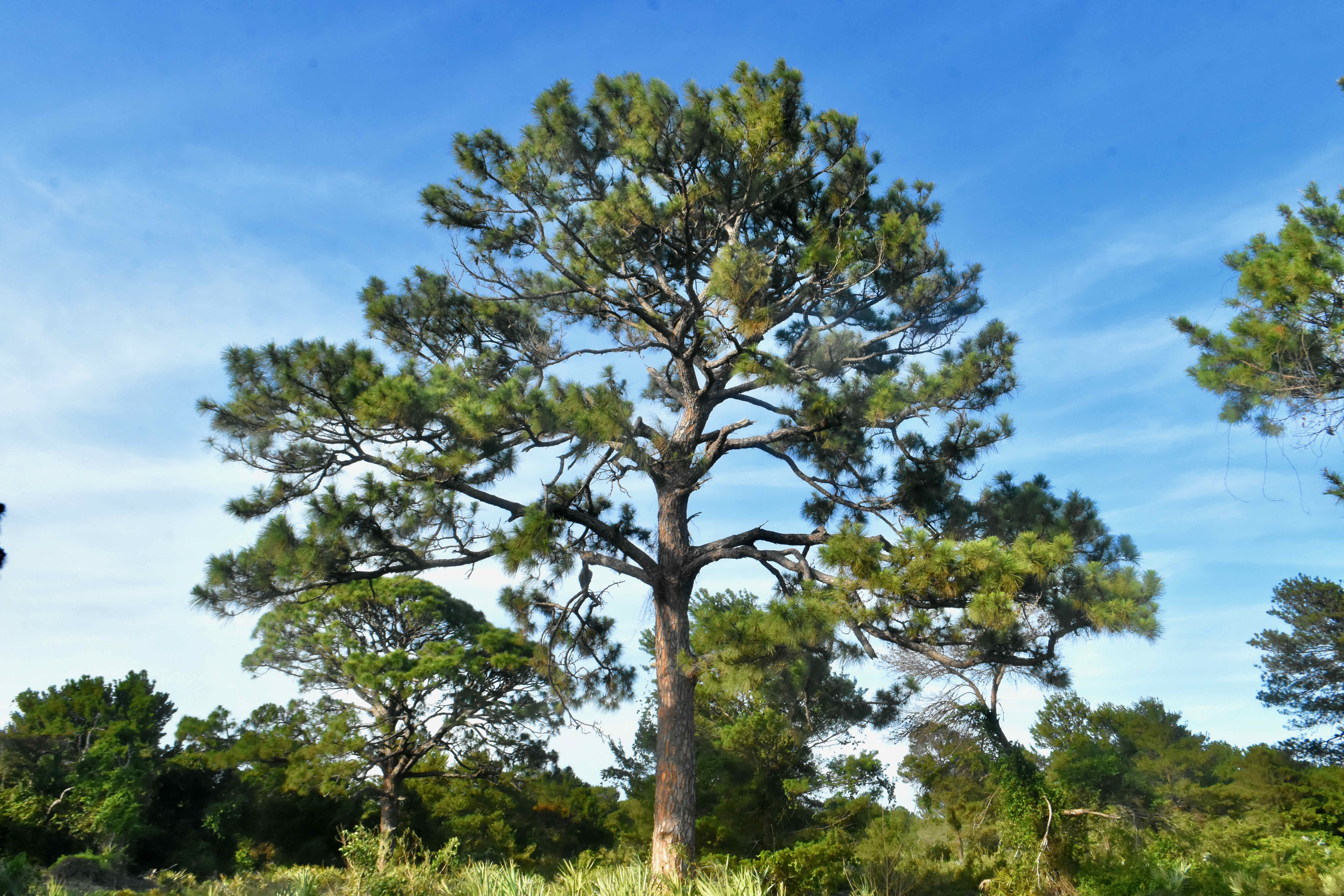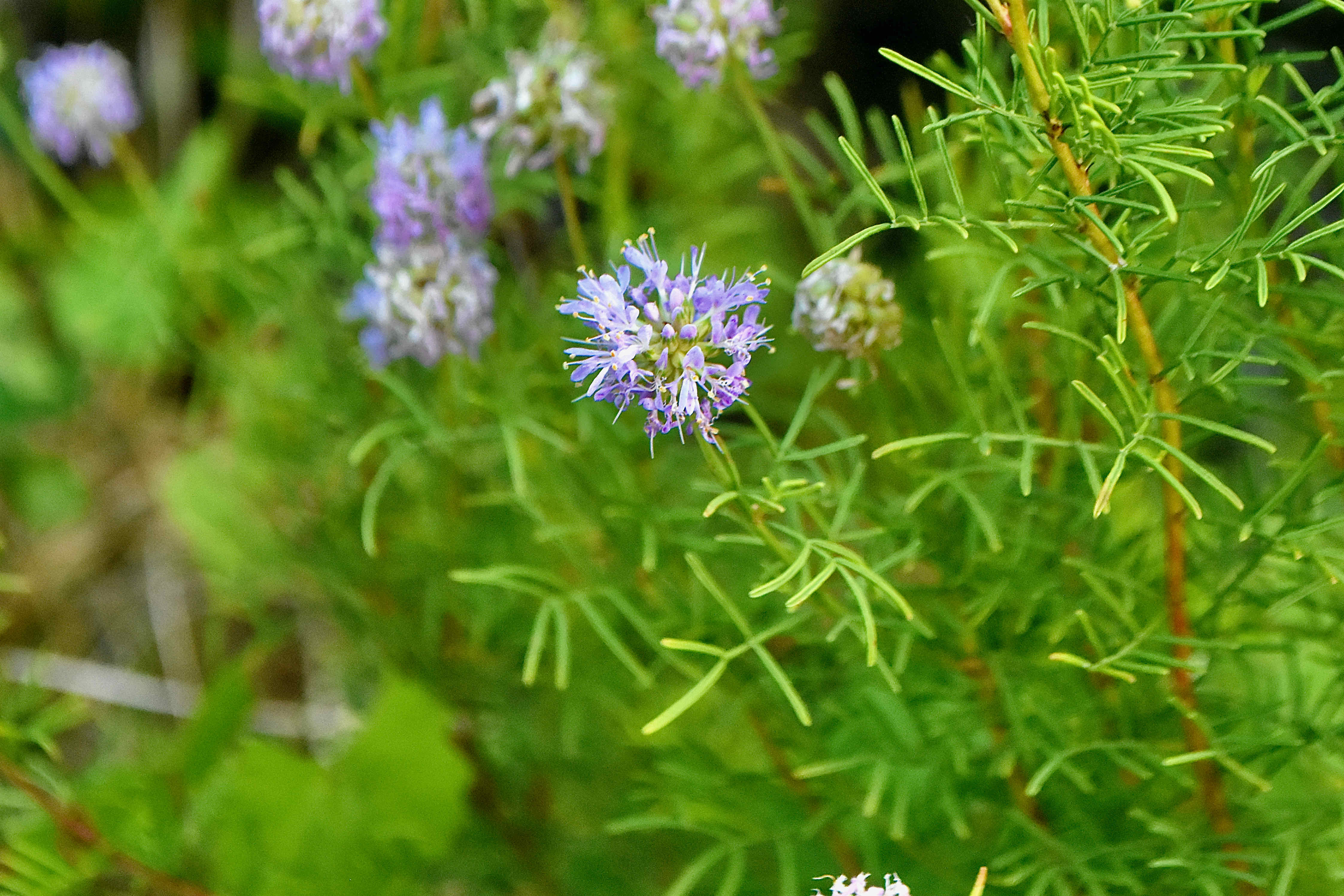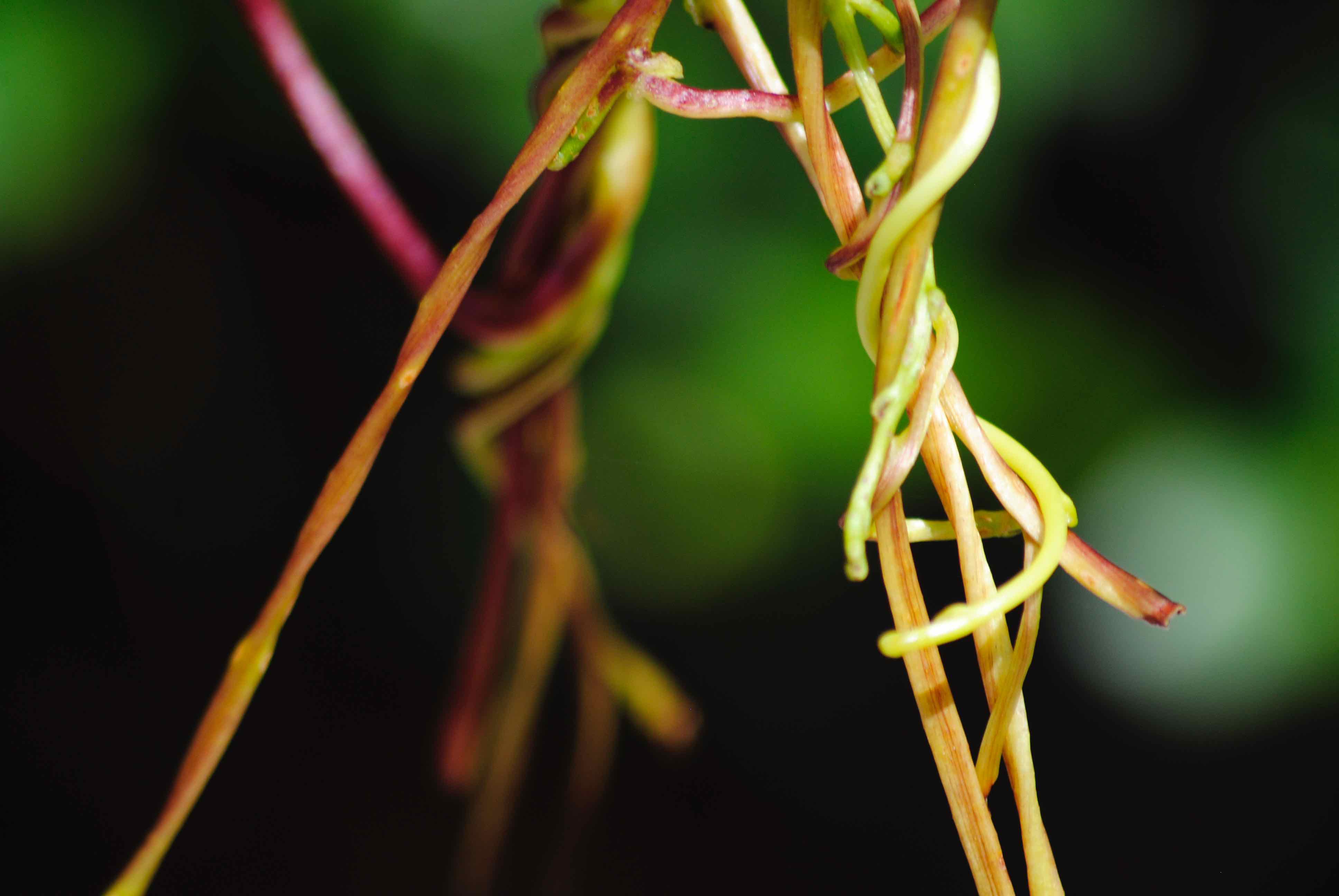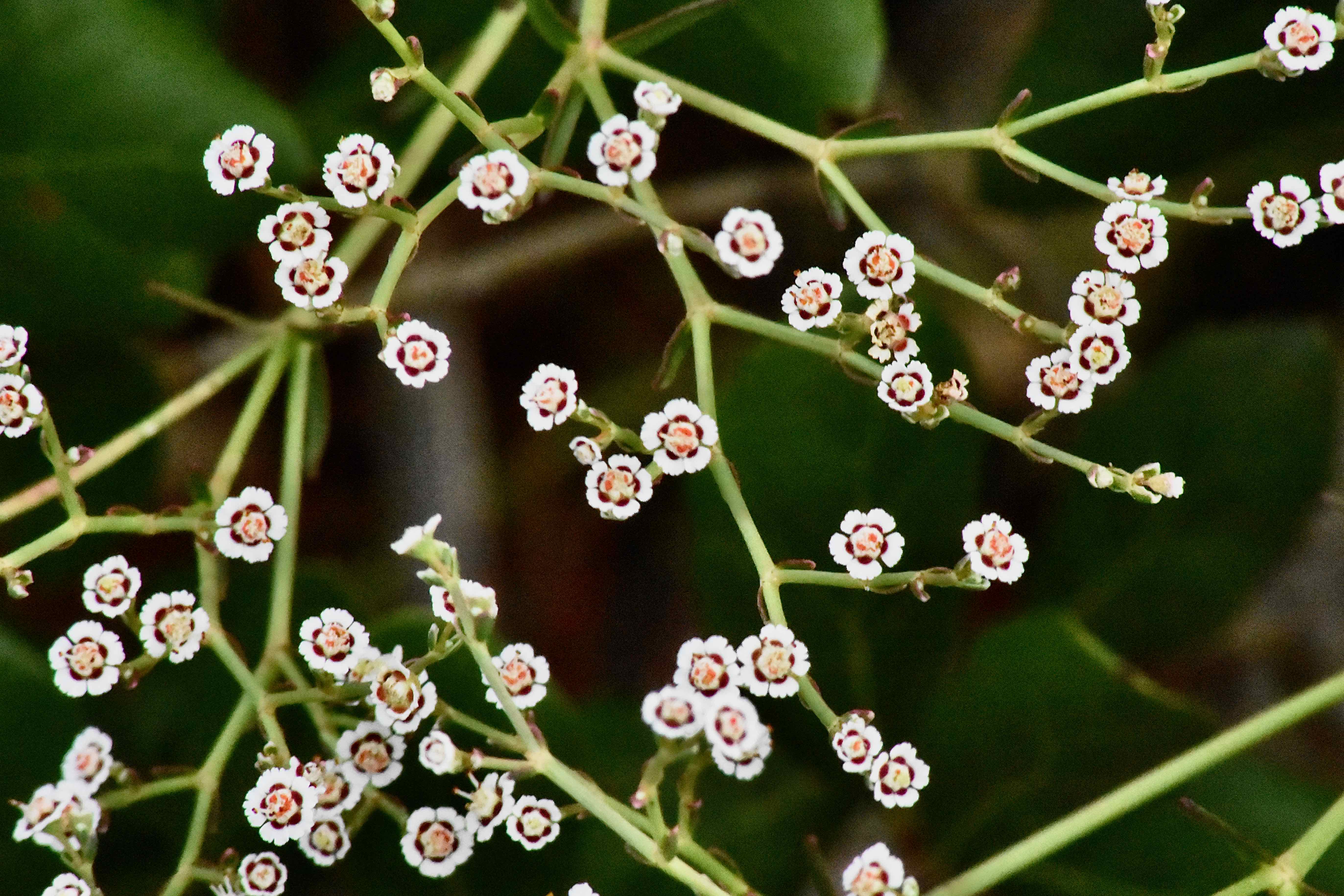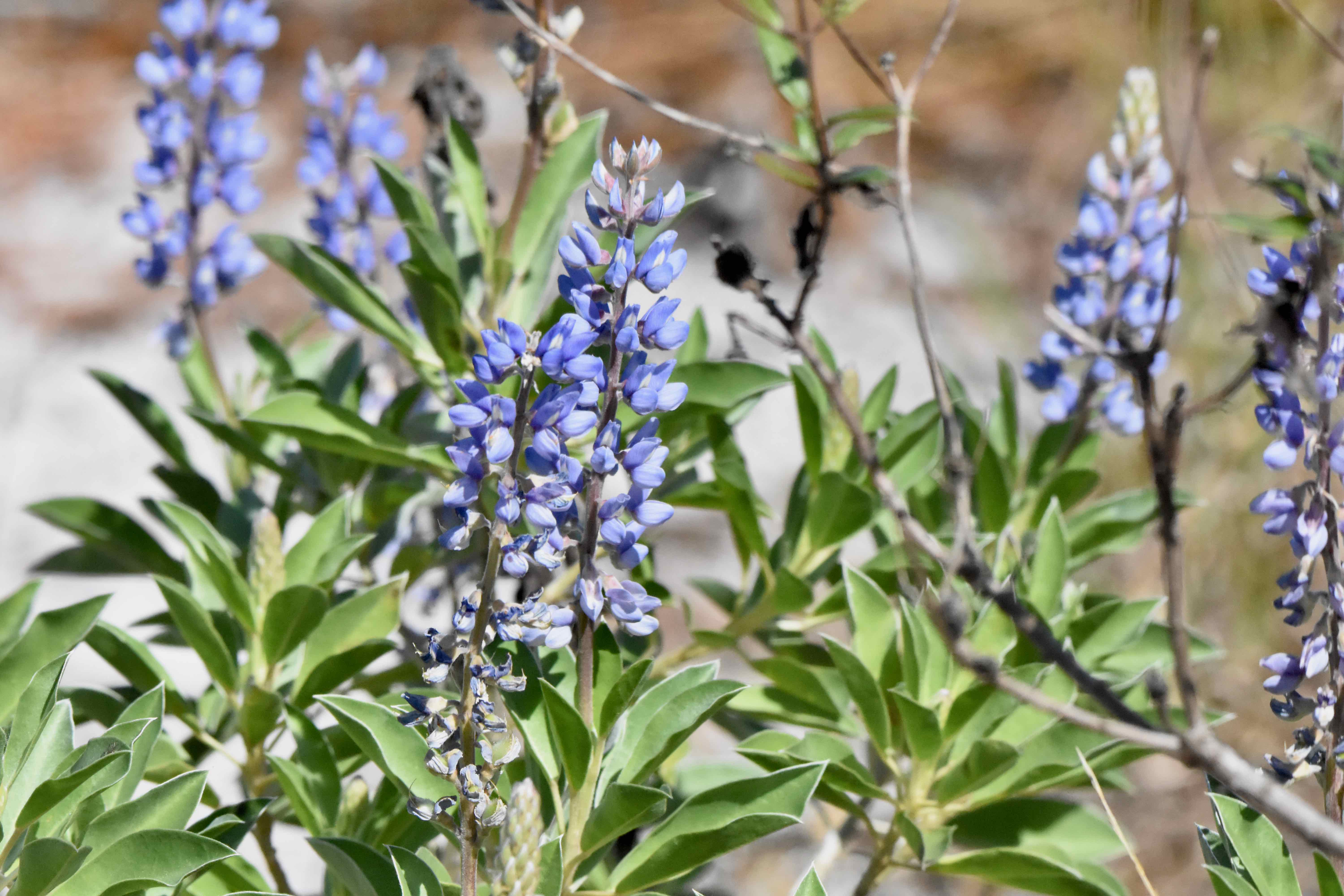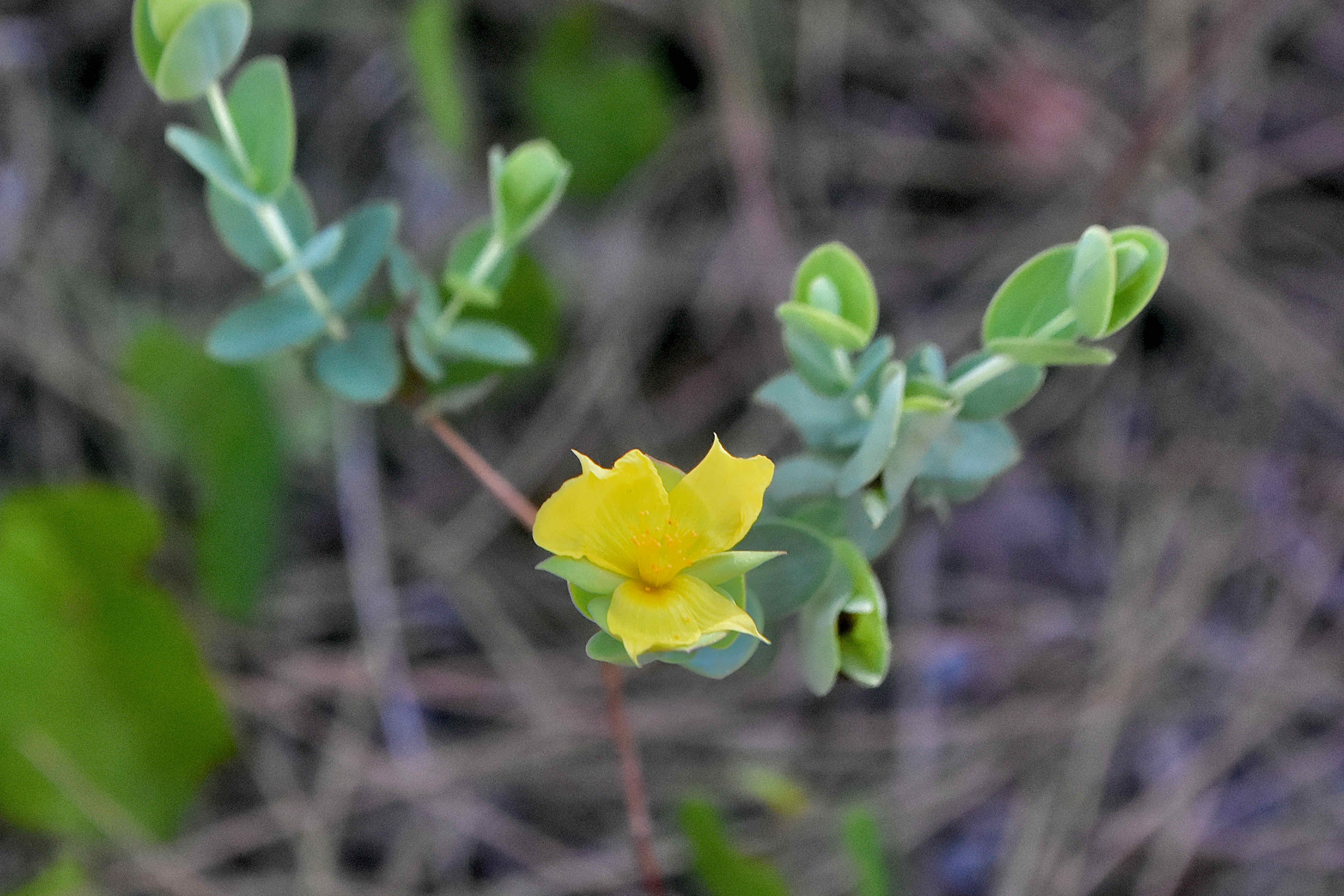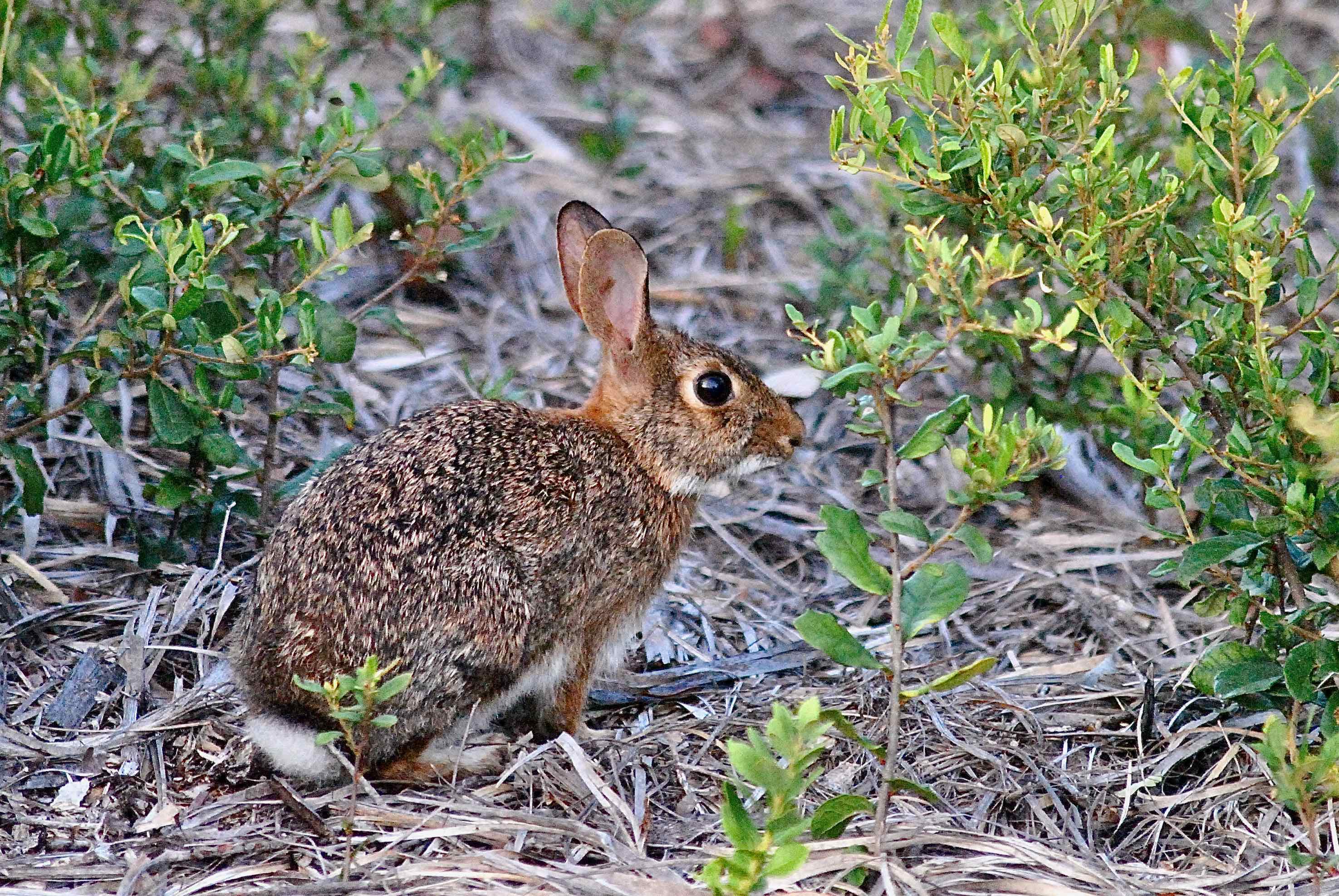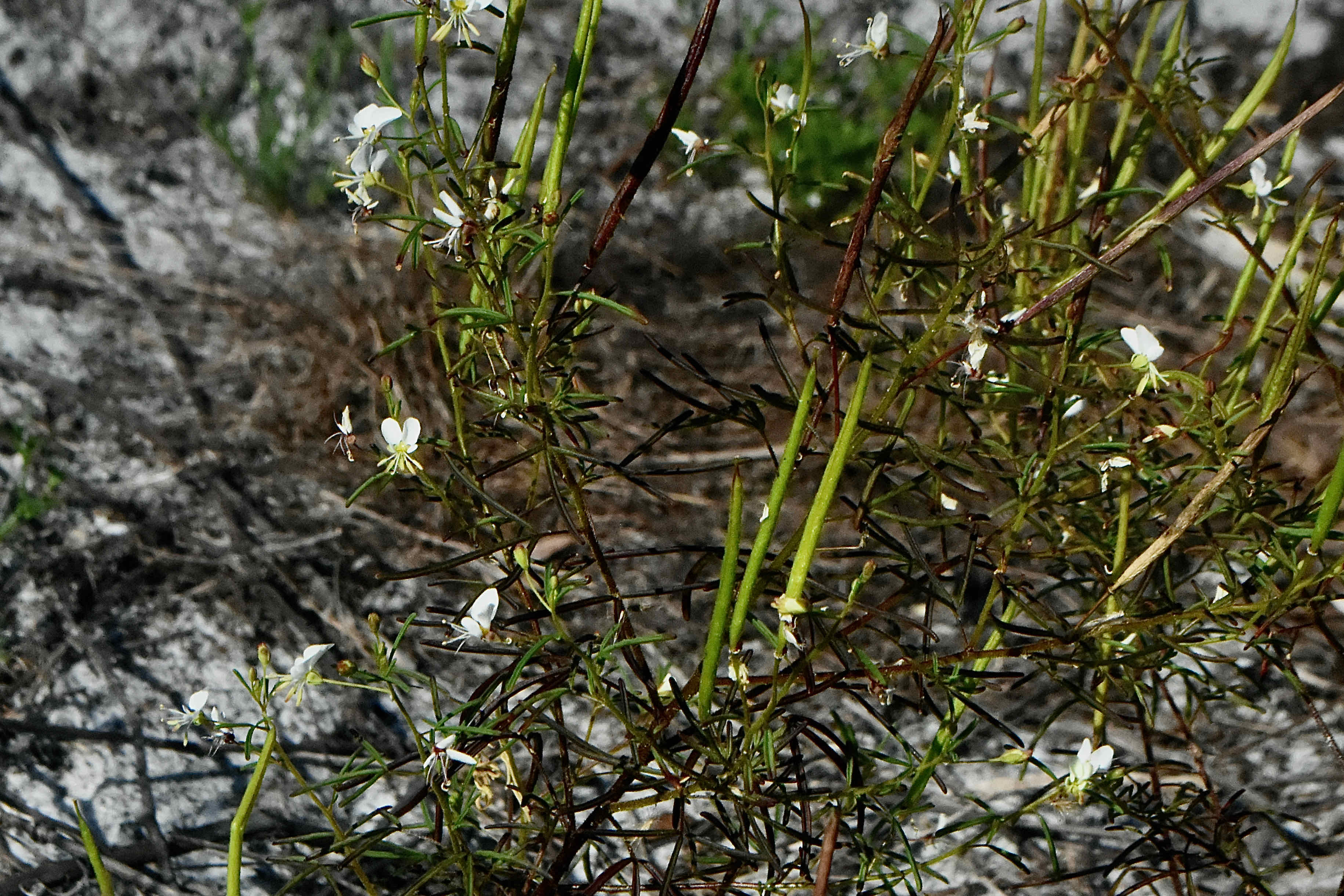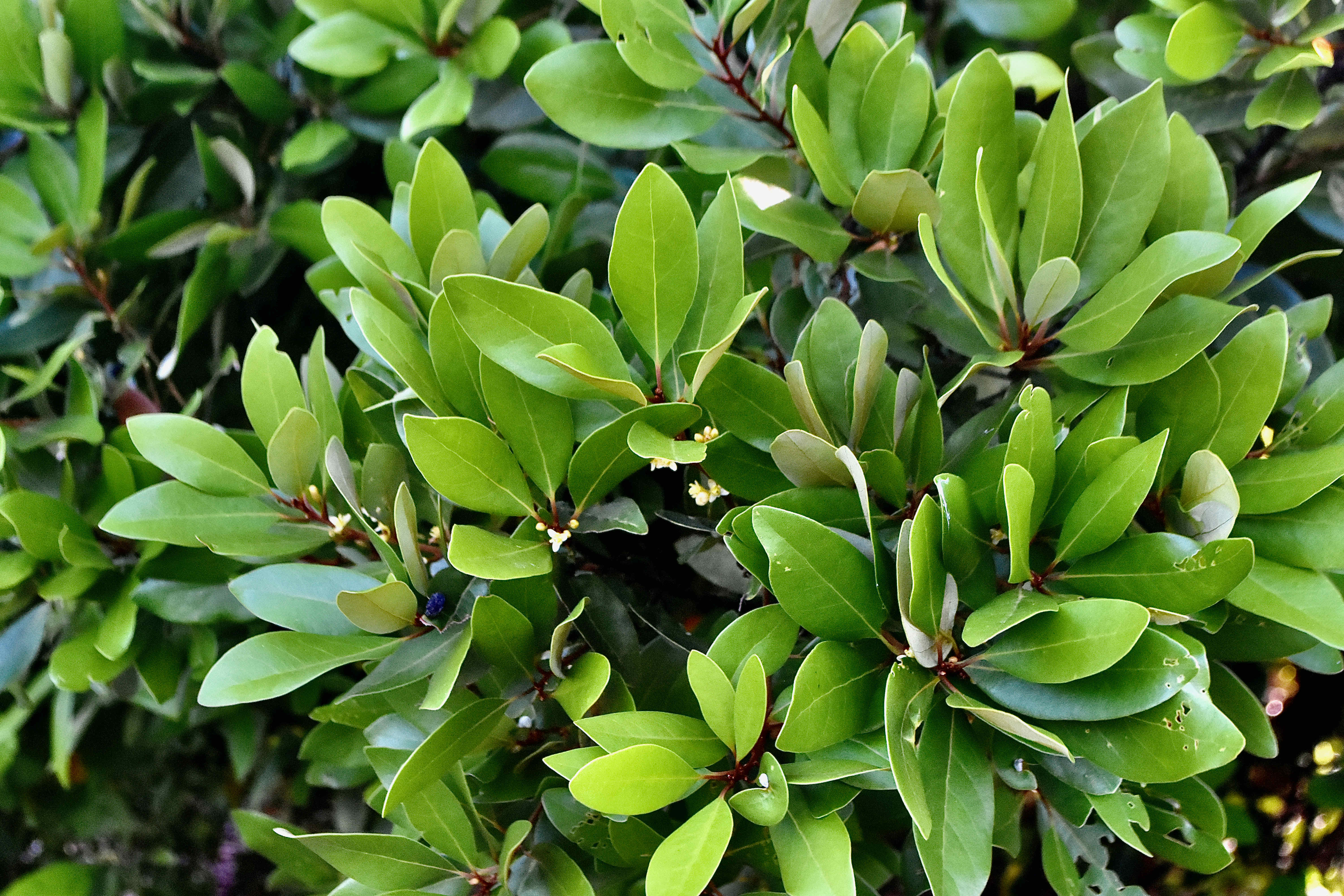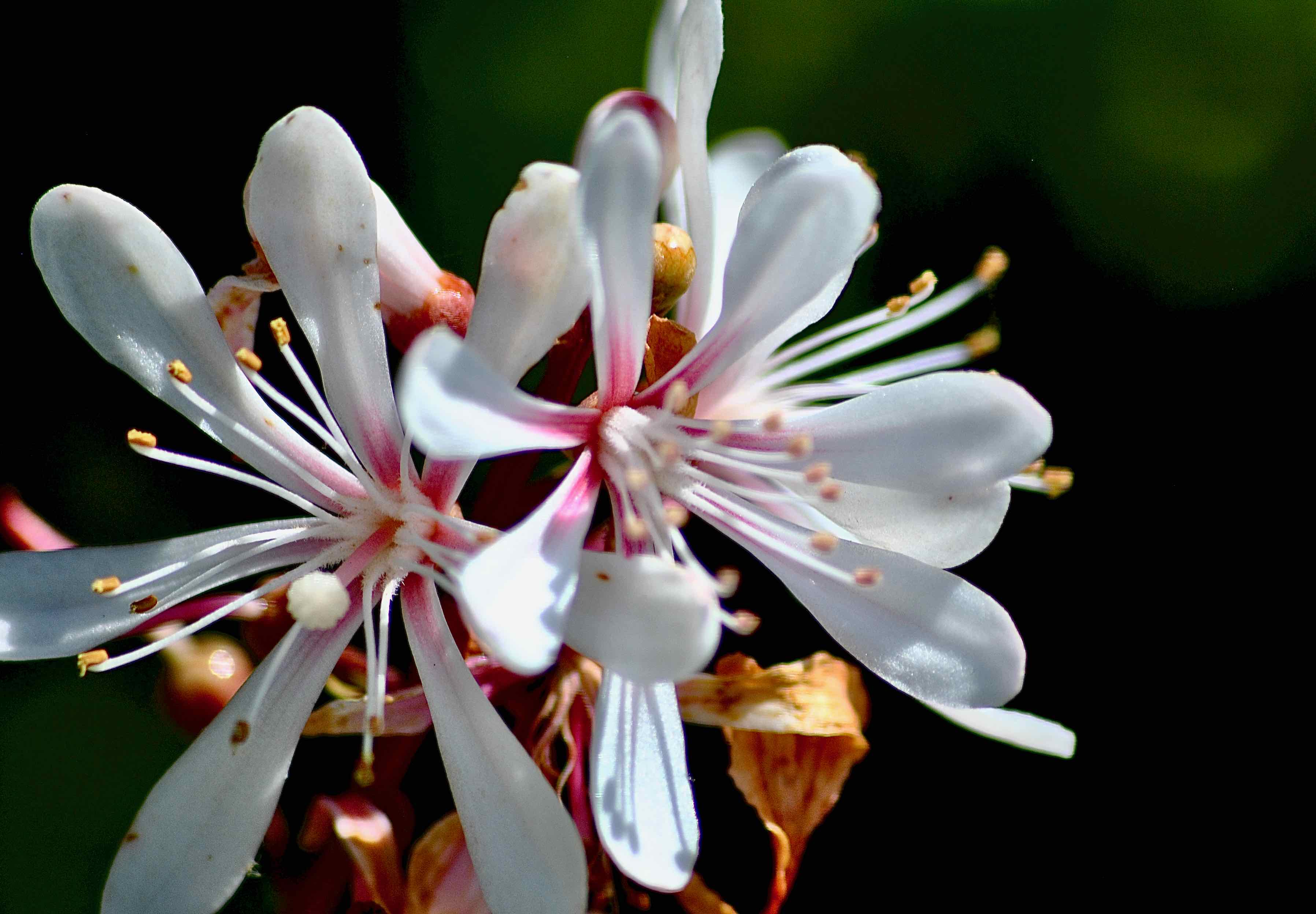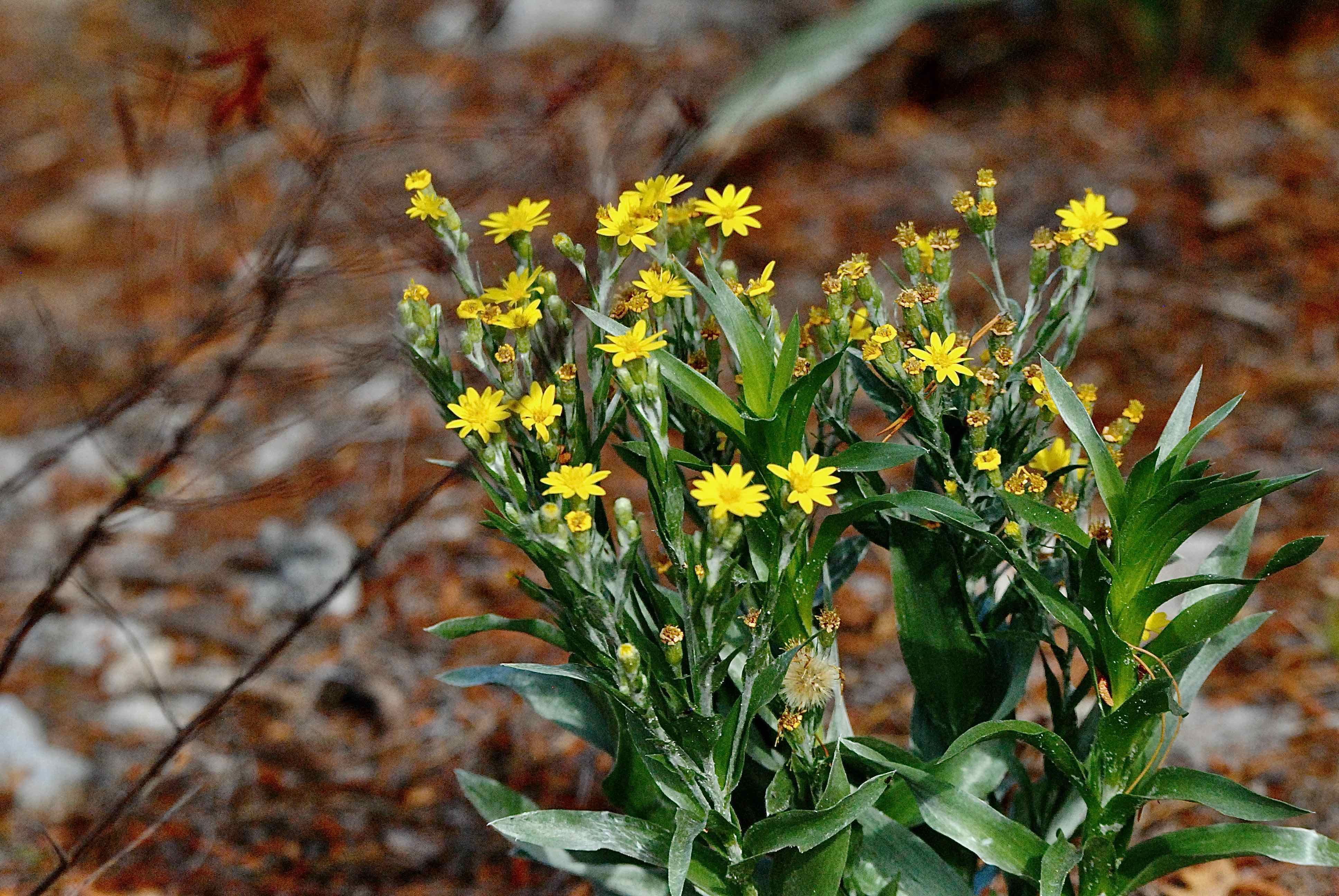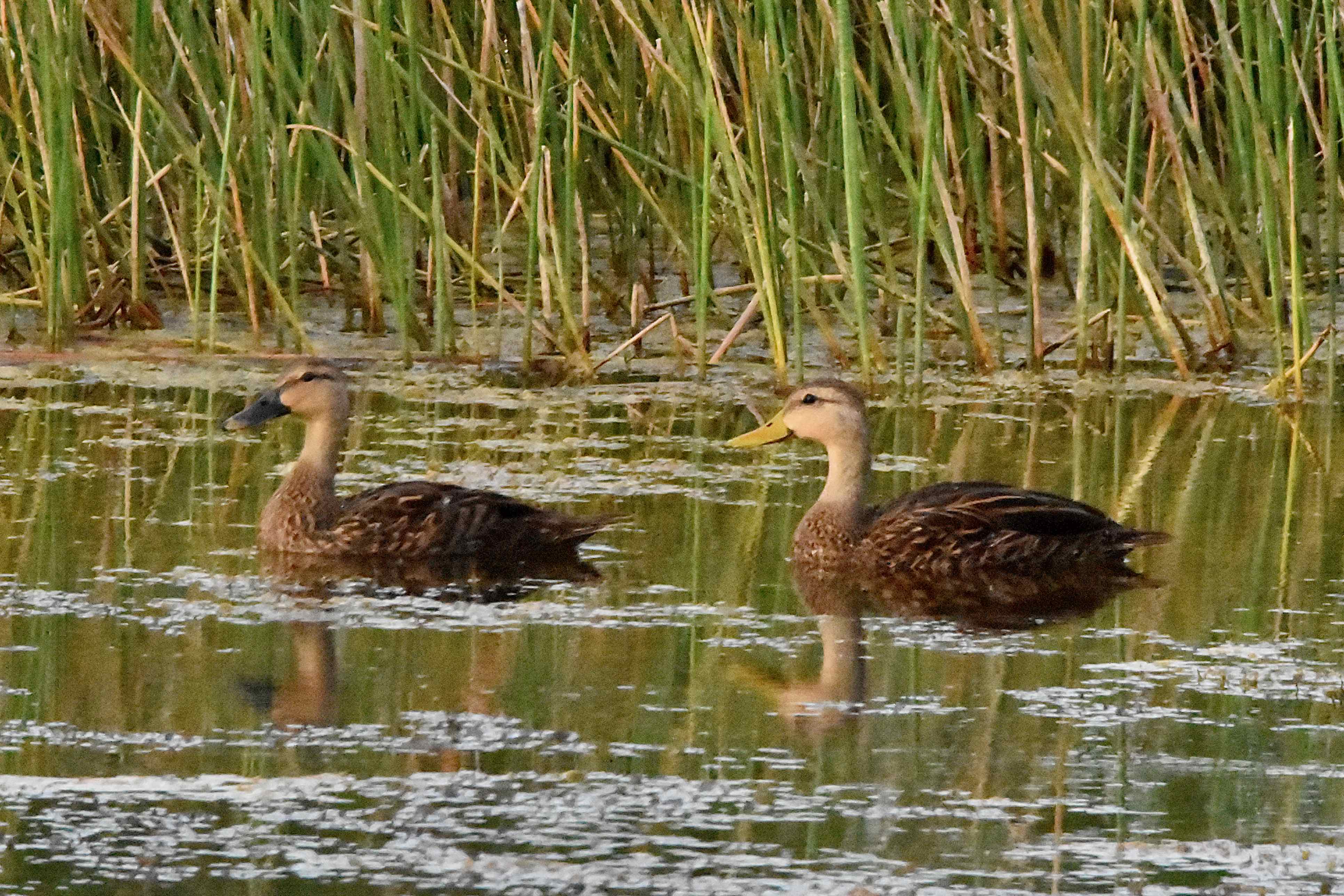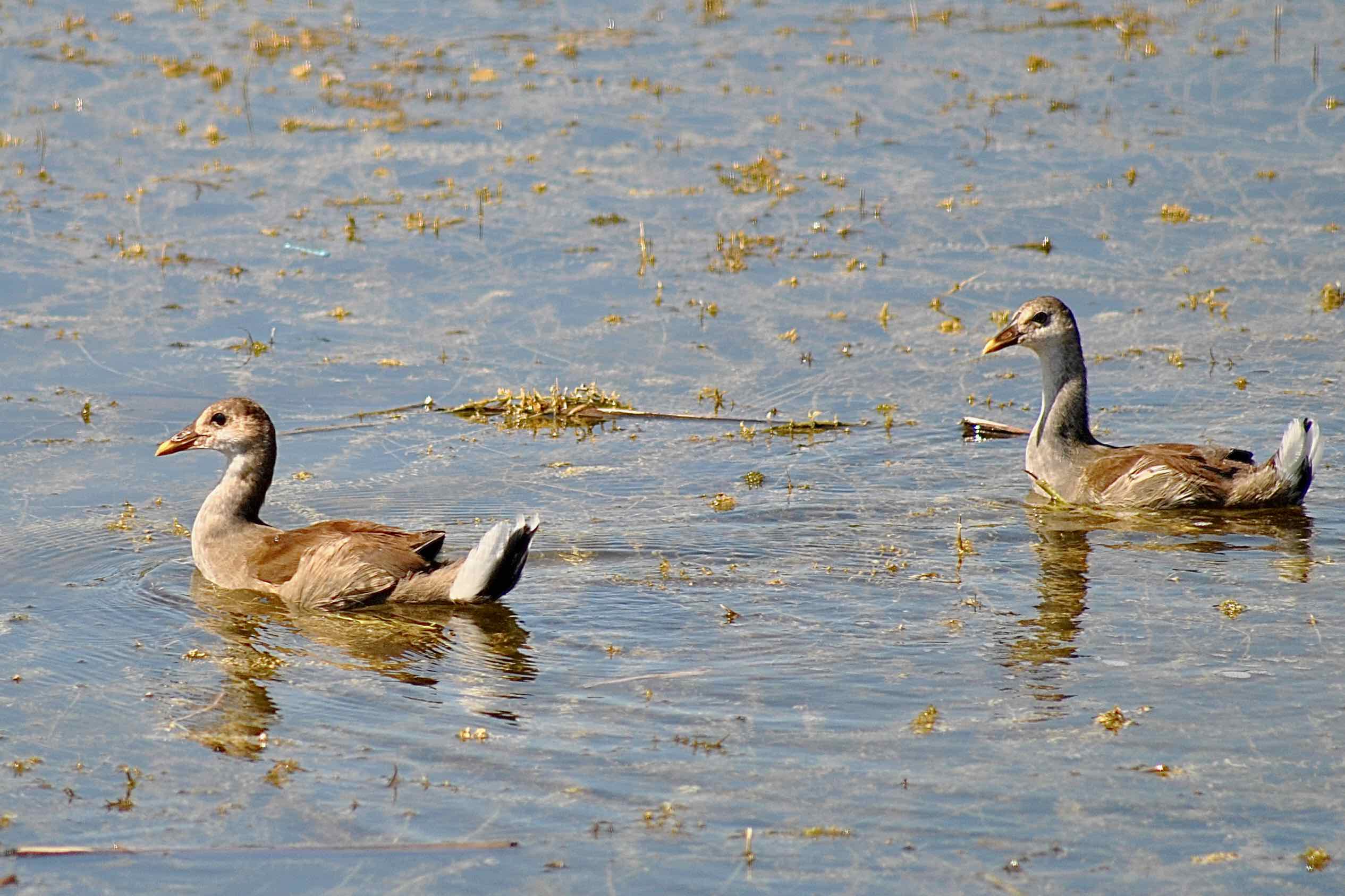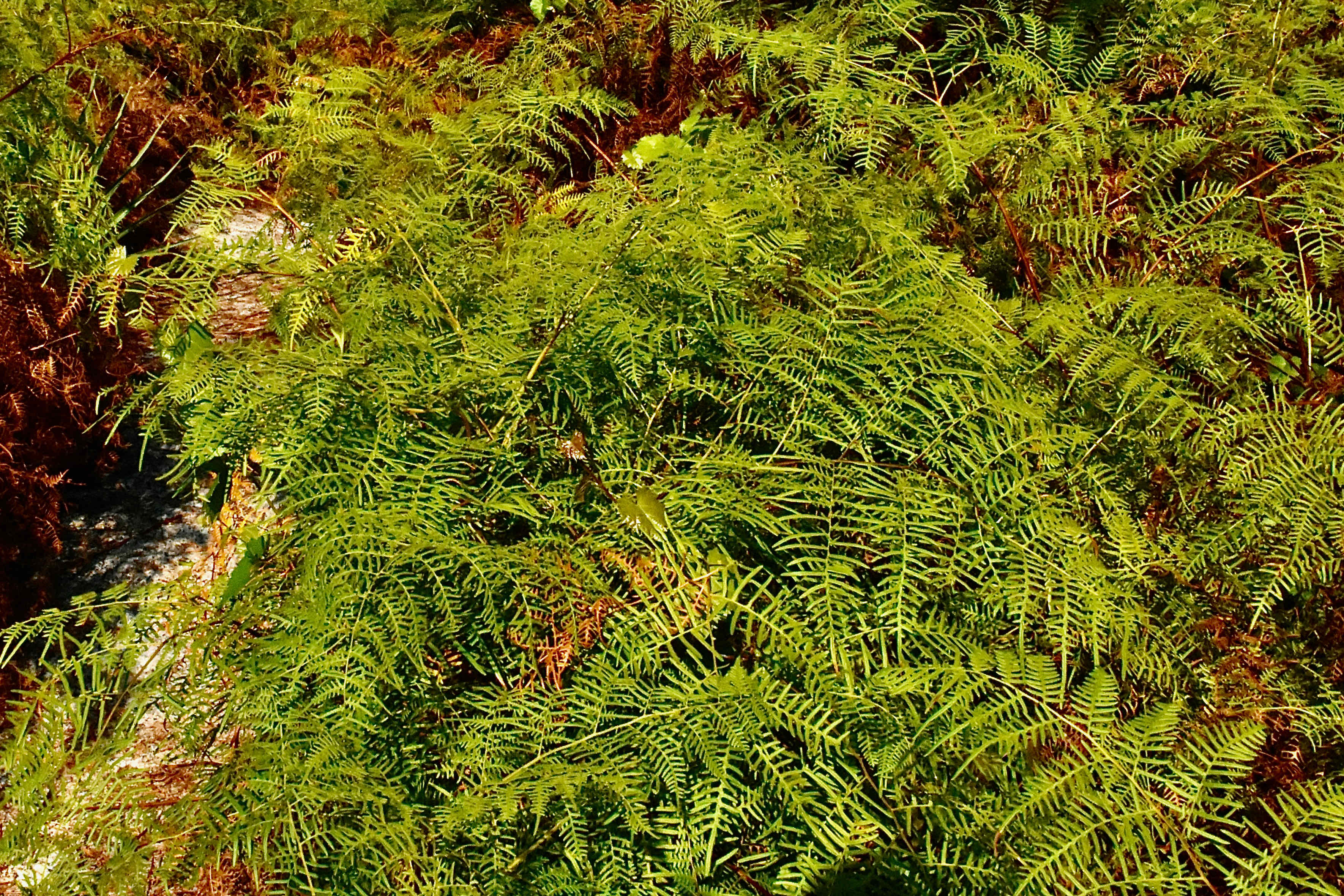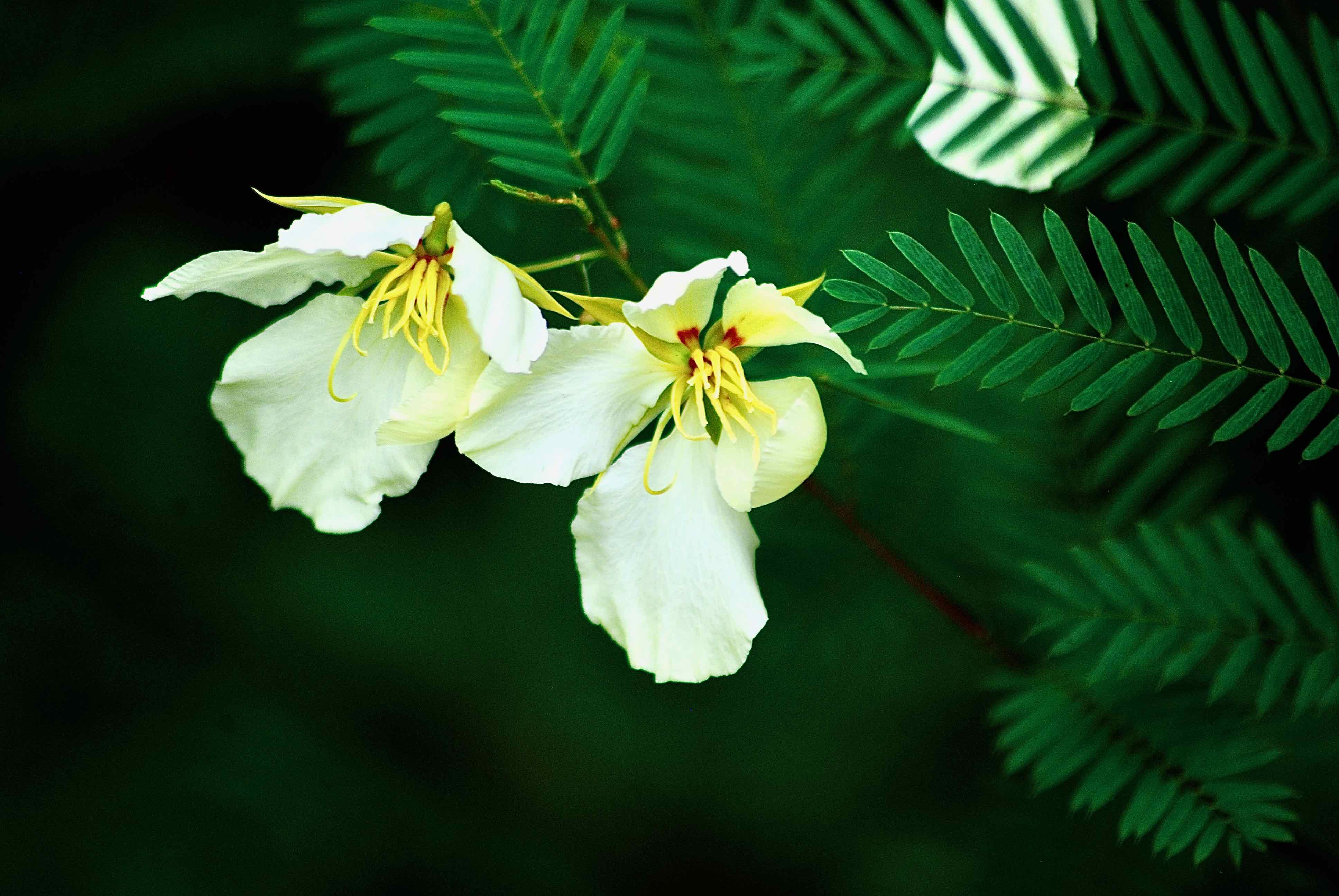The Yamato Scrub Natural Area is as varied as it is vast. Well, vast might be overstating things a bit. It is, by far, the largest county-owned natural area in South Palm Beach County, covering 217 acres of scrub, flatwoods, hammock and marsh split into two tracts, north and south, by Clint Moore Road. It also contains the largest remaining undeveloped tract in the southern end of the Atlantic Coastal Ridge, which once ran from St. Johns County into Miami-Dade. But it's small when compared to some of the natural areas found in the north end of the county.
As to varied, there's this: "virtually every acre of the site provides habitat for at least one rare or endangered plant species, animal species or natural community," according to the site's management plan drafted in 2013. So, varied indeed.
It is among the oldest natural areas in the Palm Beach County system, having been one of the original sites proposed when environmental advocates pushed the county to create what were then called "wilderness islands" to preserve natural ecosystems back in the 1980s.
The accessible (meaning paved) Cicada Trail leads from the parking lot, crosses the L-40 canal, moves through some open woods, through the Yamato Marsh, into habitat dominated by saw palmetto and then scrub oaks. The natural surface Skyblue Lupine Trail breaks off the Cicada and wanders through the north end of the property, returning to the Cicada just before the marshes. It picks up again at the end of the Cicada and makes its way to a pedestrian tunnel (built for a golf course that was once planned for the site) that connects the north side with the south. The trail meanders through some stands of sand pines and plenty of scrub; in the spring, the namesake lupine is in bloom along portions of the trail. Eventually, the trail loops back toward Clint Moore and connects with a maintenance road that will take you back toward the parking lot.
Among the species we've found at Yamato Scrub: gopher tortoise, cottontail rabbit, raccoon, squirrel, skyblue lupine (seen in the main photo on this page) pawpaw, staggerbush, tarflower, painted leaf, love vine, deer moss, largeflower rosemary, iron weed and lesser Florida spurge. Birds we've seen include mottled ducks, American coots, moorhens, pie-billed grebes, blue jays, cardinals and osprey. Check the L-40 canal for turtles and wading birds. The parking lot is large. There's also a bike rack, kiosk and a portable restroom (gone during our last visit, most likely due to Covid) but no drinking water. Altogether, There’s 3.5 miles of hiking trails, including the 0.7 mile accessible Cicada and 2.8 mile Skyblue Lupine.
Most of the trail system is a moderately easy walk, but there saw palmetto stems that cross the paths and present tripping hazards in a few places. Surrounding vegetation narrows the trails in a few others. Yamato Scrub can be explored in an afternoon, but we've generally split our hikes into two sessions, one for the north and one for the south, to give us plenty of time for exploring.
For photos and descriptions, take our VIRTUAL TOUR OF YAMATO SCRUB NATURAL AREA. Check out the Institute for Regional Conservation for a list of plant species on the site. Read Palm Beach County's Management Plan for the site here
As to varied, there's this: "virtually every acre of the site provides habitat for at least one rare or endangered plant species, animal species or natural community," according to the site's management plan drafted in 2013. So, varied indeed.
It is among the oldest natural areas in the Palm Beach County system, having been one of the original sites proposed when environmental advocates pushed the county to create what were then called "wilderness islands" to preserve natural ecosystems back in the 1980s.
The accessible (meaning paved) Cicada Trail leads from the parking lot, crosses the L-40 canal, moves through some open woods, through the Yamato Marsh, into habitat dominated by saw palmetto and then scrub oaks. The natural surface Skyblue Lupine Trail breaks off the Cicada and wanders through the north end of the property, returning to the Cicada just before the marshes. It picks up again at the end of the Cicada and makes its way to a pedestrian tunnel (built for a golf course that was once planned for the site) that connects the north side with the south. The trail meanders through some stands of sand pines and plenty of scrub; in the spring, the namesake lupine is in bloom along portions of the trail. Eventually, the trail loops back toward Clint Moore and connects with a maintenance road that will take you back toward the parking lot.
Among the species we've found at Yamato Scrub: gopher tortoise, cottontail rabbit, raccoon, squirrel, skyblue lupine (seen in the main photo on this page) pawpaw, staggerbush, tarflower, painted leaf, love vine, deer moss, largeflower rosemary, iron weed and lesser Florida spurge. Birds we've seen include mottled ducks, American coots, moorhens, pie-billed grebes, blue jays, cardinals and osprey. Check the L-40 canal for turtles and wading birds. The parking lot is large. There's also a bike rack, kiosk and a portable restroom (gone during our last visit, most likely due to Covid) but no drinking water. Altogether, There’s 3.5 miles of hiking trails, including the 0.7 mile accessible Cicada and 2.8 mile Skyblue Lupine.
Most of the trail system is a moderately easy walk, but there saw palmetto stems that cross the paths and present tripping hazards in a few places. Surrounding vegetation narrows the trails in a few others. Yamato Scrub can be explored in an afternoon, but we've generally split our hikes into two sessions, one for the north and one for the south, to give us plenty of time for exploring.
For photos and descriptions, take our VIRTUAL TOUR OF YAMATO SCRUB NATURAL AREA. Check out the Institute for Regional Conservation for a list of plant species on the site. Read Palm Beach County's Management Plan for the site here

